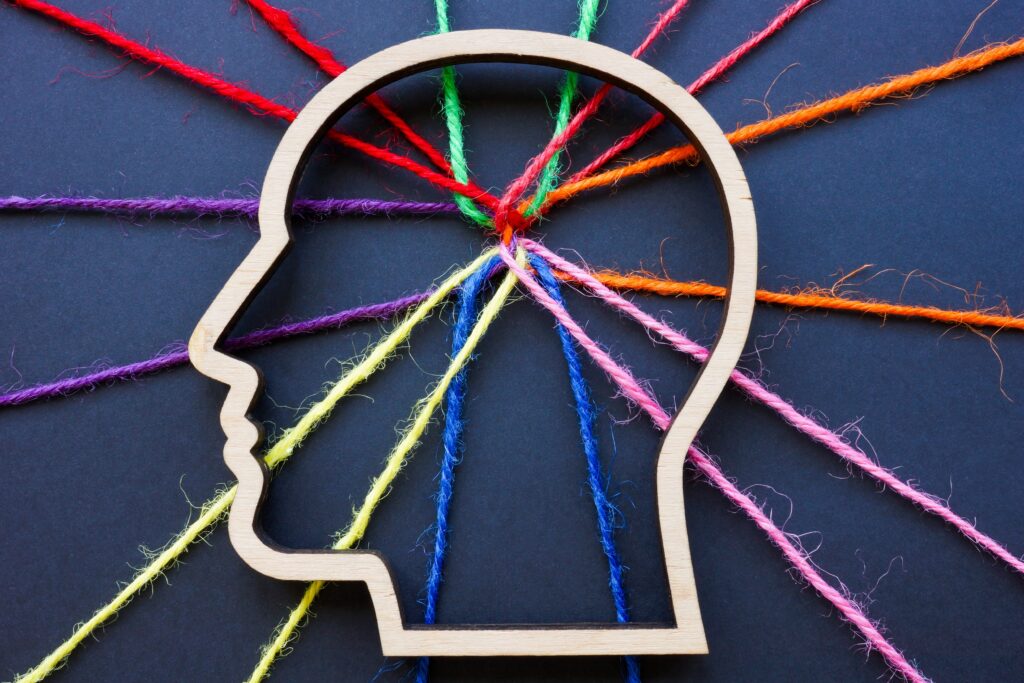You may or may not have come across the term ‘neurodiversity’. It’s a concept that acknowledges the wide range of differences in how people’s brains work—covering conditions like ADHD, autism, dyslexia, and others. These differences affect how we think, learn, socialise and engage with the world. Whether these concepts are familiar or new to you, Australia’s approach to neurodiversity might feel different from what you’ve experienced back home.
Every culture handles neurodiversity differently. You might come from a place with strong support and understanding, or from a background where it’s less recognised. Here in Australia, you’ll encounter a mix of openness and ongoing learning in how neurodiversity is supported. Embracing it is a chance to grow and learn in a society that strives to be inclusive.
Whether you identify as neurodivergent yourself or are looking to understand and support your neurodivergent peers, this guide is here to provide helpful insights.
What is neurodiversity and neurodivergent?
Neurodiversity is the concept that everyone’s brain works differently, and these differences are a normal part of human diversity. It’s a perspective that encourages us to see brain differences regarding sociability, learning, attention, and mood, not as deficits but as variations that are just as valuable as any other human trait.
Neurodivergent refers to individuals whose brain functions differ significantly from the typical or average. It’s a term that recognises the personal experiences of those who live with these differences. Some common examples include:
- ADHD: Might manifest as challenges in attention span but also as exceptional creativity and problem-solving speed.
- Autism Spectrum Disorder (ASD): Can impact social interaction and communication but often includes remarkable detail orientation and sustained concentration.
- Dyslexia: Typically affects reading and writing skills but frequently coexists with strong oral communication and innovative thinking.
- Dyspraxia: Impacts motor skills and coordination but can come with strengths in thinking and planning creatively.
- Obsessive-Compulsive Disorder (OCD): Involves repetitive behaviours and thoughts, but can also include heightened focus and strong attention to detail.
healthdirect offers a wealth of information if you’d like to learn more about these types of neurodivergence.
Legal protections and rights in Australia
Australia has laws and policies in place to ensure that all students, including those with neurodiverse conditions, receive appropriate support. The Disability Discrimination Act 1992 requires educational institutions to make reasonable adjustments for students with disabilities or conditions that affect their learning, which can include neurodivergent students depending on their needs.
Most institutions offer specific services like modified testing conditions, assistive technologies, and counselling services to help neurodivergent students succeed. These adjustments are designed to create a more accessible and supportive learning environment for everyone.
Support for neurodivergent students
Every university and TAFE has a dedicated disability advisor. You can explore the full list of services for each institution below:
Whether you’re a future or current student, you can reach out to an advisor for a private chat. They can guide you on available support services and let you know what documents you’ll need to apply for accommodation or a course.
Deciding whether to disclose a disability is a personal choice. Disclosure can help you access the support you need, and your privacy is protected—your information will only be shared as necessary for arranging accommodations.
For students with ASD, the Australian Disability Clearinghouse on Education and Training has a detailed guide on transitioning to tertiary education, which you can view here. Another helpful resource is Autism Connect, Australia’s national helpline for people with autism. You can use the Translating and Interpreting Service (TIS) to speak to an Autism Connect advisor in a language other than English.
Navigating education as a neurodivergent student can come with extra challenges, like anxiety or stress. Australia offers a wide range of mental health services beyond those at your institution, including counselling, online resources and community programs. For more information, visit our article on mental health services in Australia.
Simple, everyday gestures to support your neurodivergent peers
As a student, you can make a positive difference in your peers’ experiences through small, everyday actions. Whether or not someone has shared that they are neurodivergent, these simple steps can help create a more inclusive environment for everyone.
- Avoid judgment: Everyone’s brain works differently, and those differences should be met with understanding, not judgment. Be compassionate, as each neurodivergent person’s experience is unique. Avoid using labels, stigmatising language, or making assumptions—these can be hurtful and isolating.
- Be understanding of different behaviours: If a classmate stims (like tapping, rocking or hand-flapping), understand that this helps them focus or manage anxiety. There’s no need to call attention to it, and respecting this behaviour can help them feel more at ease.
- Be patient with responses: Some people may need extra time to think through their answers during conversations or group work. Give them the space to respond without rushing or interrupting—it can help everyone feel more at ease.
- Invite, don’t pressure: When planning study groups or social activities, make sure your invitations are open but without pressure. Let your classmates decide how they want to participate, making it easier for them to join on their own terms.
- Offer help in group projects: If someone seems overwhelmed with organising tasks or keeping track of deadlines, offer a casual suggestion or a reminder. Being thoughtful about how you work together can lighten the load for everyone.
- Be mindful of sensory sensitivities: Choosing a quieter place to meet or being considerate of lighting or noise can make a big difference for classmates who might be sensitive to those things.
These small gestures are ways you can naturally support your neurodivergent peers without making assumptions or singling anyone out. They contribute to a more inclusive and supportive environment for everyone.





